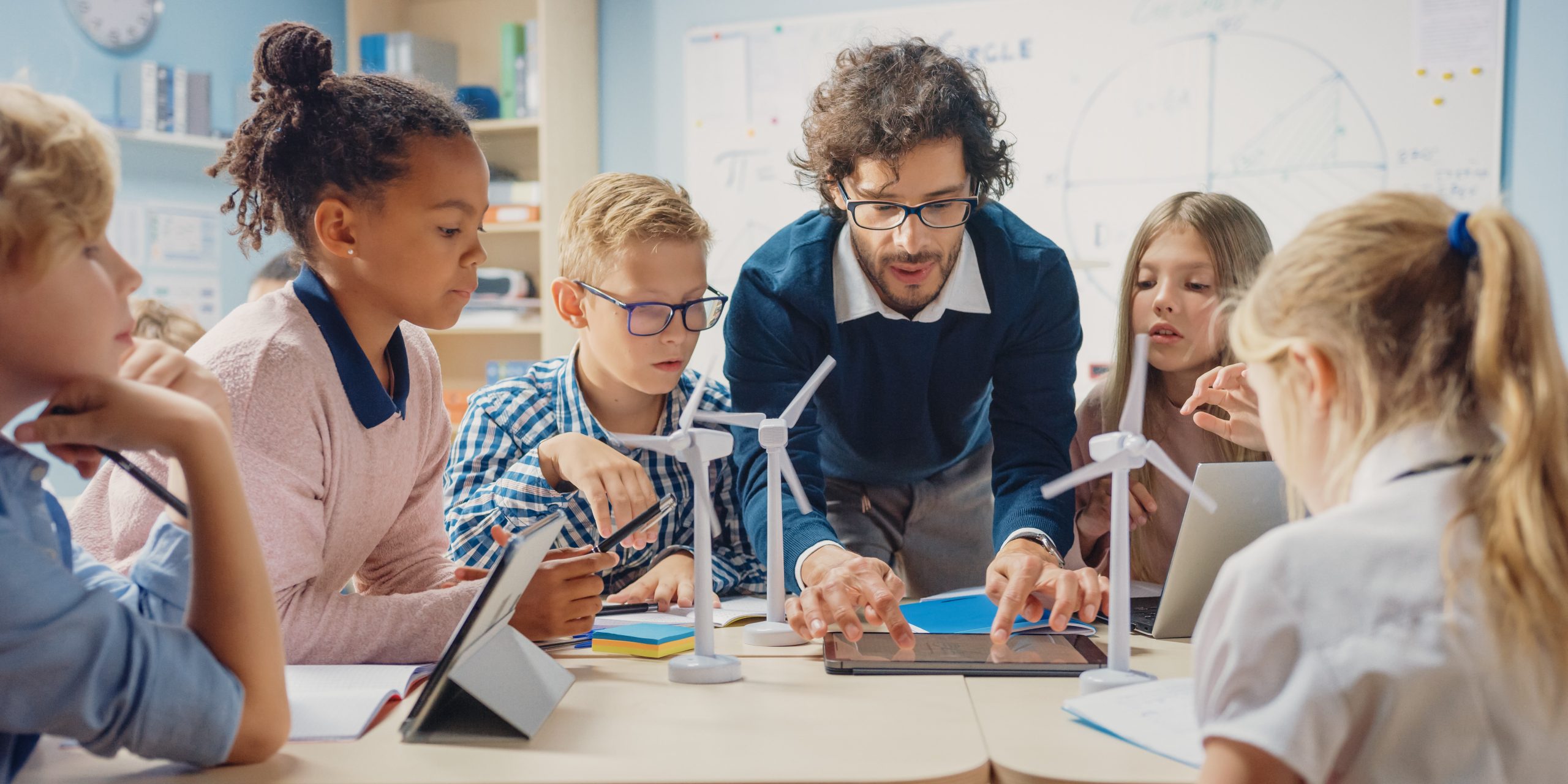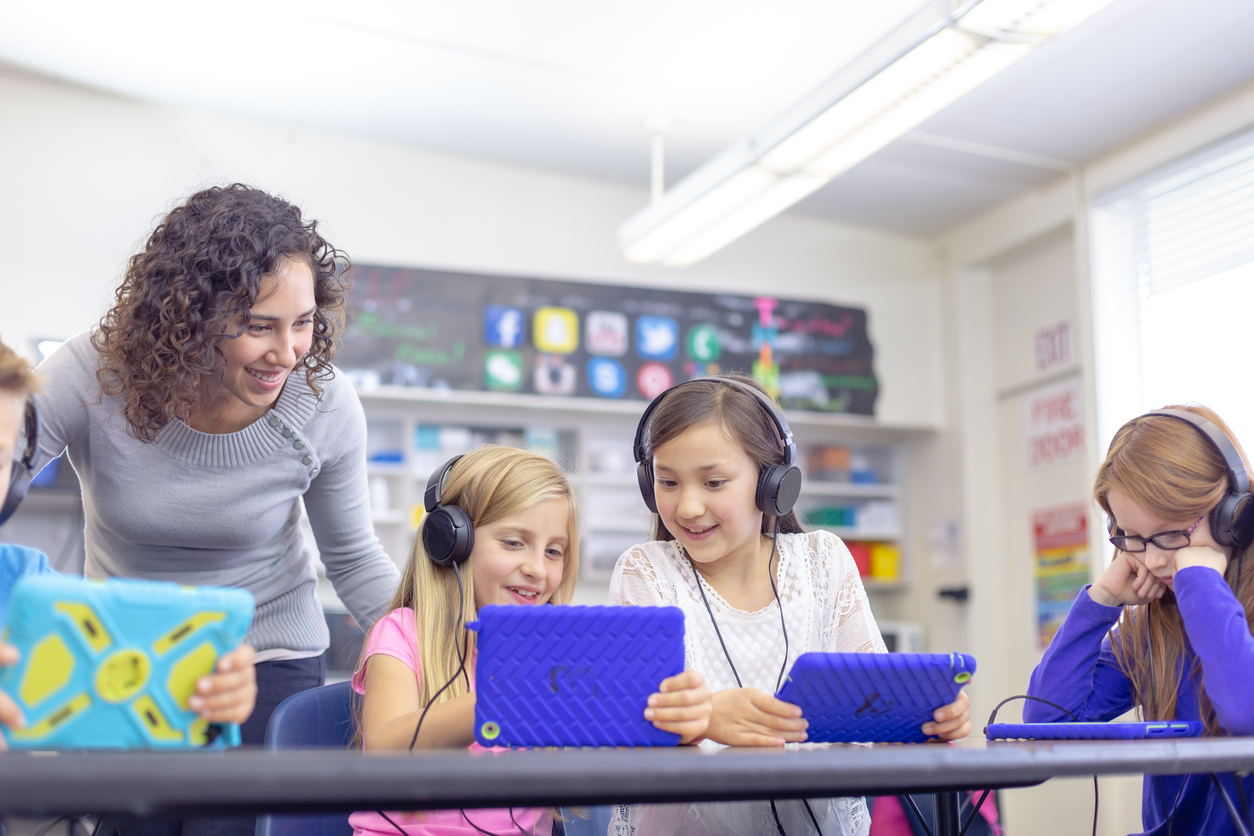Find the Best Primary Science Tuition Singapore for Enhanced Learning
Wiki Article
Exploring the Various Mentor Strategies in Main Science Education And Learning Today
Inquiry-based knowing, hands-on experiments, and the assimilation of innovation are redefining how educators involve young minds. Additionally, collective methods and separated instruction are being used to provide to the varied requirements of pupils, enhancing both involvement and understanding.Inquiry-Based Discovering
Inquiry-Based Discovering (IBL) is an instructional method that urges trainees to check out scientific principles with doubting, examination, and hands-on trial and error. This approach emphasizes the role of trainees as energetic participants in their discovering, promoting important thinking and problem-solving abilities. By involving with real-world inquiries, students end up being curious and inspired, which improves their understanding of clinical concepts.In IBL, educators act as facilitators, directing trainees as they navigate their questions as opposed to delivering information directly. This student-centered method permits distinction, suiting numerous finding out paces and designs. Students create abilities in creating hypotheses, making experiments, and analyzing data, which are important for scientific literacy.
In addition, IBL promotes cooperation amongst trainees, motivating them to share findings and concepts. This cumulative questions promotes social skills and a feeling of area within the classroom. The procedure of query urges durability, as students find out to embrace failure as a stepping rock toward understanding.
Hands-On Experiments
Hands-on experiments are a vital component of reliable science education, enhancing the principles of inquiry-based knowing. These experiments permit trainees to engage straight with scientific principles, promoting a much deeper understanding via experiential understanding. By adjusting products and observing results, young learners can understand abstract concepts in tangible ways.Such tasks advertise important thinking and analytical skills, as trainees hypothesize results, conduct experiments, and assess outcomes. This procedure encourages them to ask inquiries, fine-tune their understanding, and establish a scientific frame of mind. Hands-on experiments can be customized to diverse discovering designs, guaranteeing that all students have the possibility to engage meaningfully with the content.
In addition, hands-on experiments usually motivate cooperation amongst peers, advertising teamwork and interaction abilities. Working in groups enables pupils to share ideas, talk about findings, and pick up from each other, which improves their general academic experience.
Integrating hands-on experiments into the main scientific research educational program not just enriches the discovering atmosphere however likewise cultivates a lifelong interest in science. By proactively getting involved in their education, pupils are more probable to develop a passion for scientific inquiry that expands past the class.

Technology Integration
Integrating technology into primary science education has become increasingly crucial in cultivating pupil involvement and boosting finding out outcomes. Using digital tools, such as interactive simulations, virtual labs, and academic software program, supplies trainees with opportunities to explore scientific concepts in cutting-edge means. These resources help with a deeper understanding of complex subjects by enabling students to envision and control variables that would be not practical in a standard classroom setting.Moreover, modern technology combination urges customized finding out experiences. Trainees can anonymous progress at their own rate, revisiting tough principles through multimedia sources, which cater to various understanding designs. This adaptability not just supports private growth yet also grows a feeling of autonomy in learners.
In addition, technology works as a bridge to real-world science, connecting pupils with current study and professional contributions. Accessibility to clinical journals and on the internet data sources widens students' viewpoints on clinical inquiry and promotes crucial believing skills.
Collaborative Learning
Collective discovering plays a vital role in key science education and learning by cultivating synergy and interaction skills among trainees. This technique urges learners to function with each other, share expertise, and participate in analytical, which improves their understanding of scientific ideas. By joining team activities, pupils find out to express their ideas, pay attention to varied viewpoints, and negotiate solutions, every one of which are vital abilities in both scholastic and real-world contexts.Research indicates that joint knowing can bring about enhanced inspiration and interaction in science subjects, as trainees locate enjoyment in common experiences (primary science tuition Singapore). Furthermore, this technique prepares pupils for future collaborative undertakings, furnishing them with the abilities essential for effective team effort in college and specialist environments. Eventually, accepting collaborative discovering in key science education can dramatically improve the knowing experience and promote a much deeper understanding of clinical query
Separated Guideline

Distinguished direction can show up in various methods, such as varying the content, processes, or products of knowing. Teachers may make use of tiered tasks that supply varying degrees of complexity, allowing pupils to function at their respective preparedness degrees. In addition, adaptable grouping techniques can assist in partnership amongst trainees with various capacities, cultivating peer understanding.
Analysis plays an important role in this approach, as it notifies instruction and assists educators recognize each trainee's distinct demands. Formative analyses, such as monitorings and this article quizzes, can assist teachers in changing their methods to enhance discovering end results. primary science tuition Singapore. Eventually, by applying differentiated guideline in main scientific research education and learning, teachers can grow an extra fair and reliable learning atmosphere, equipping all trainees to reach their complete potential in recognizing scientific sensations
Conclusion
In summary, the diverse mentor techniques in primary science education, consisting of inquiry-based understanding, hands-on experiments, technology integration, collaborative knowing, and set apart direction, collectively add to a more effective knowing atmosphere. These techniques promote important thinking, analytic abilities, and a deeper understanding of scientific principles. By applying these techniques, teachers can produce helpful and engaging class that attend to the diverse demands of pupils, inevitably fostering a long-lasting passion in scientific research and improving academic success.Inquiry-Based Learning (IBL) is an instructional technique that motivates students to explore clinical ideas through wondering about, examination, and hands-on testing.Collective knowing plays a vital role in key scientific research education by cultivating team effort and communication abilities among students.Research indicates that joint discovering can lead to enhanced inspiration and interaction in science subjects, as students locate satisfaction in shared experiences.In fostering an inclusive learning setting, set apart direction emerges as a vital method to accommodate the diverse demands and capabilities of students in main scientific research education. Inevitably, by executing separated direction in key science education and learning, teachers can grow a more effective and equitable learning atmosphere, empowering all trainees to reach their full potential in understanding clinical phenomena.
Report this wiki page